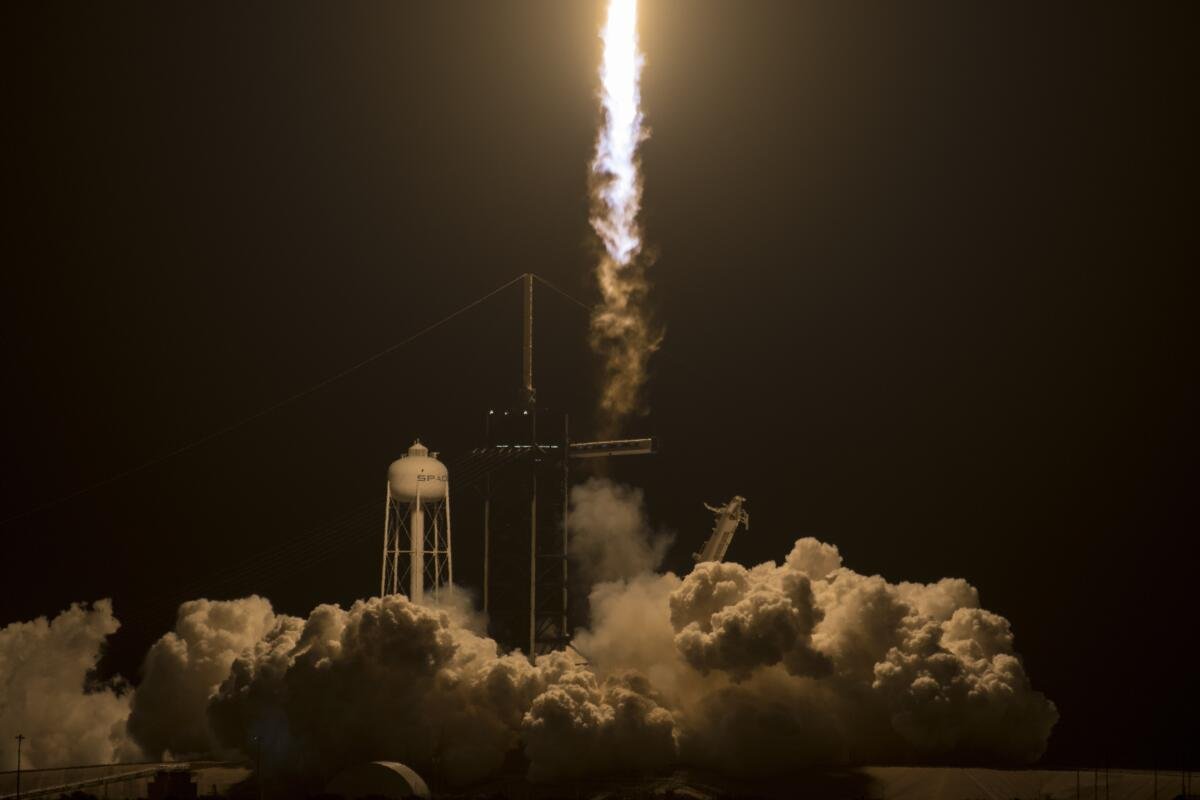In an unexpected turn of events, SpaceX’s reliable Falcon 9 rocket experienced a failure during a routine Starlink satellite mission, marking its first in-flight failure since 2015. This incident has halted the rapid cadence of launches SpaceX has been known for, raising concerns about the impact on future space missions and the company’s ambitious launch schedules.
Incident Overview
On the evening of July 12, 2024, the Falcon 9 rocket launched from Vandenberg Space Force Base with the aim of deploying Starlink satellites into orbit. However, the mission was compromised due to a malfunction in the rocket’s second stage, which resulted in the satellites being deployed at an altitude too low to achieve orbit.
Implications of the Failure
The failure has substantial implications, not only for SpaceX but also for the broader space industry. Prior to this incident, Falcon 9 had established a strong track record, significantly shaping the economics and logistics of space travel by offering reusable rocket technology. The unexpected failure interrupts this record, prompting a review of scheduled launches and potential reassessment of the rocket’s reliability.
Impact on SpaceX and Stakeholders
Immediate effects include a halt to upcoming SpaceX missions as the investigation into the failure unfolds. Companies and organizations that depend on SpaceX’s launch services, like Iridium and NASA, may experience delays in their satellite deployment schedules. This could disrupt services and operations dependent on these new satellites, such as communication networks and earth observation platforms.
Broader Market Repercussions
The failure also affects SpaceX’s market position and the trust of its investors and partners. After the incident, shares of related companies experienced notable market fluctuations, reflecting the financial ripple effects of such aerospace mishaps. Notably, companies like Spacecom, which had payloads aboard the failed mission, faced immediate stock declines and potential long-term revenue impacts due to the loss of the satellite.
SpaceX’s Response and Future Prospects
SpaceX has commenced a thorough investigation to determine the cause of the failure. The company’s commitment to transparency and safety is expected to mitigate some of the negative impacts, although the timeline for returning to flight operations remains uncertain. Moreover, the reliability of the Falcon 9 will be under scrutiny as SpaceX aims to reassure its customers and stakeholders of its commitment to mission success.
SpaceX’s ambitious goal for 2024 was to achieve 148 launches, an increase from the 98 completed the previous year. This failure presents a significant challenge to reaching that target, impacting the company’s operational cadence and future contracts, particularly with the U.S. Air Force and commercial satellite operators.
The recent failure of the Falcon 9 during a routine mission represents a significant setback for SpaceX, reminding the industry of the inherent risks associated with space travel. As investigations continue, the focus will be on understanding the failure’s cause and implementing measures to prevent future incidents, ensuring the reliability of upcoming missions. The outcome of this event will play a crucial role in shaping the future trajectory of SpaceX and its operations in the increasingly competitive space industry.






























